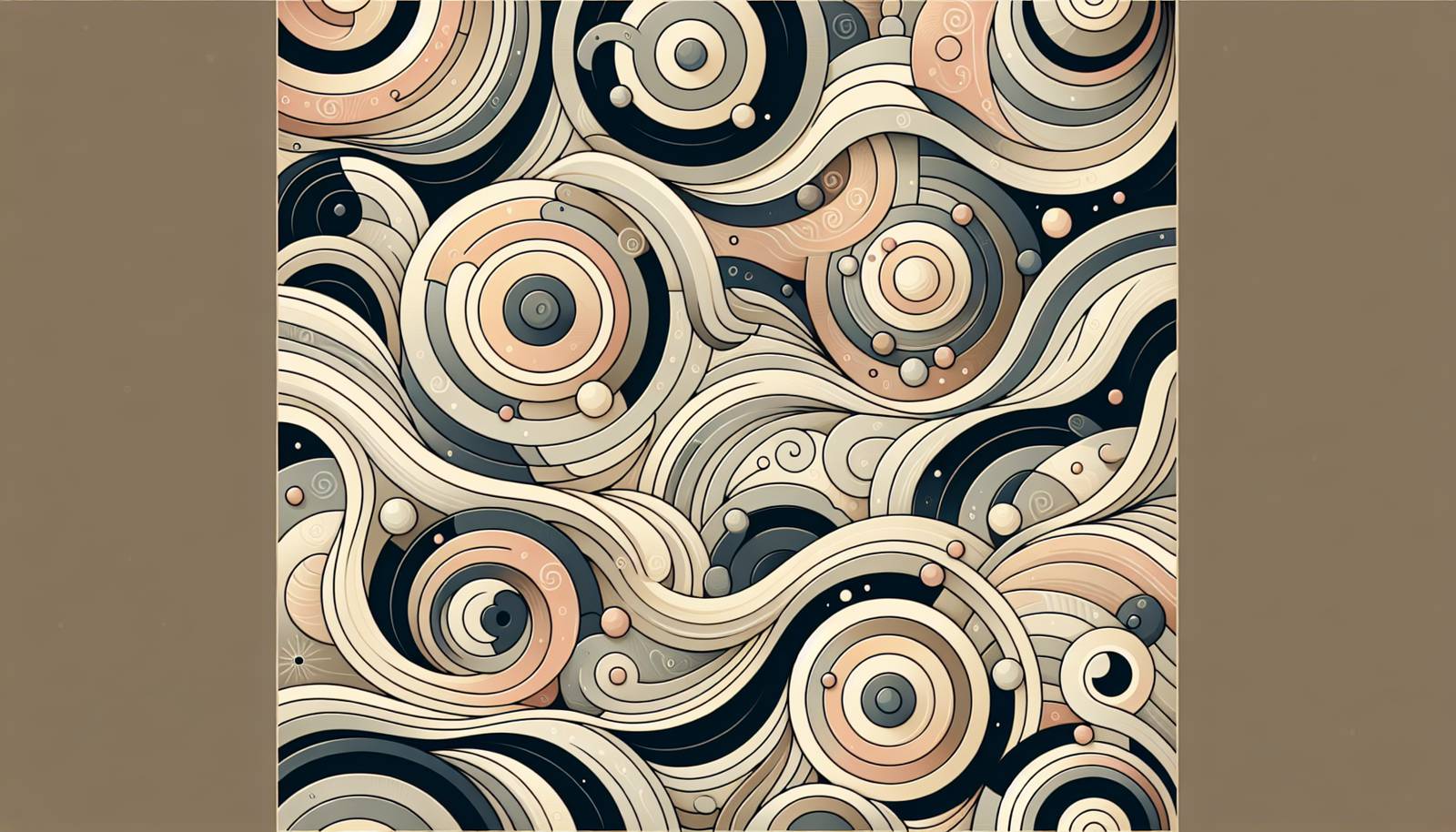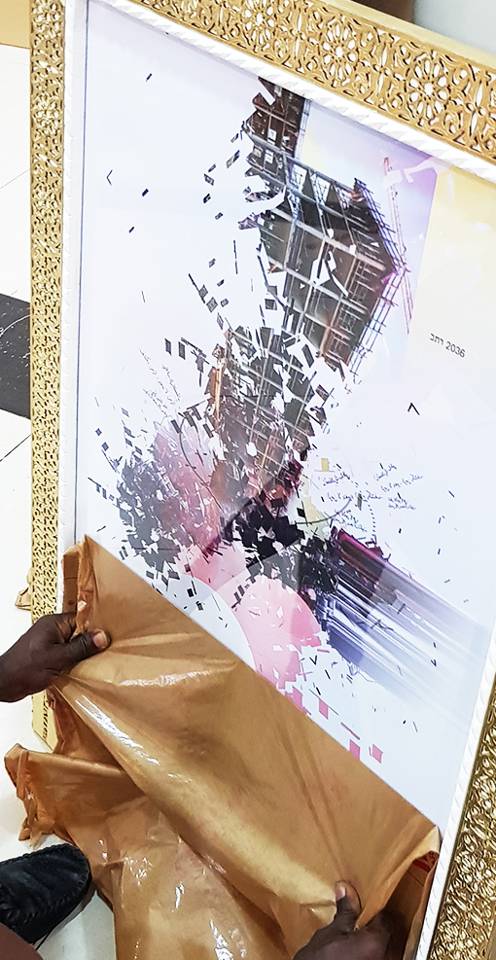
FAQ About The Impact of Afrofuturism on Literature

What is Afrofuturism in literature?
Afrofuturism in literature is a cultural, aesthetic, and political movement that blends elements of science fiction, fantasy, and historical fiction with non-Western worldviews, primarily focusing on the African diaspora. It aims to explore themes of race, technology, and the future through speculative narratives that center around black characters and perspectives.

How does Afrofuturism influence contemporary literature?
Afrofuturism influences contemporary literature by introducing fresh narratives that challenge traditional Western-centric science fiction and fantasy tropes. It encourages authors to draw on African cultures, philosophies, and mythologies, creating a diverse range of speculative fiction that offers alternative histories, futures, and identities for black people.

Who are some notable Afrofuturist authors?
Notable Afrofuturist authors include Octavia Butler, who is often credited as a pioneer in this genre, as well as authors like Nnedi Okorafor, Samuel R. Delany, and Tananarive Due. These writers incorporate elements of African culture and futuristic themes in their works to explore identity and alternative realities.

What themes are commonly explored in Afrofuturist literature?
Common themes in Afrofuturist literature include identity, race, the experience of the African diaspora, technology, and the future. These works often examine social issues, such as colonialism and oppression, while offering imaginative, hopeful visions of the future that empower marginalized communities.

How does Afrofuturism challenge traditional science fiction?
Afrofuturism challenges traditional science fiction by presenting narratives that center around black protagonists and African cultural themes. It shifts focus from typical Eurocentric futuristic visions to ones that explore racial identity, social justice, and empowerment through a lens grounded in African experiences and histories.

Can you recommend some Afrofuturist novels?
Yes, some recommended Afrofuturist novels include "Kindred" by Octavia Butler, "Binti" by Nnedi Okorafor, "Dhalgren" by Samuel R. Delany, and "The Fifth Season" by N.K. Jemisin. These novels explore themes of racial identity, culture, and technology in imaginative settings.

What role does African culture play in Afrofuturist literature?
African culture plays a central role in Afrofuturist literature by providing the myths, histories, and philosophies that underpin the narratives. These cultural elements help to reframe typical sci-fi tropes and offer stories that celebrate African heritage and offer alternative visions of the future.

How does Afrofuturism address issues of race and identity?
Afrofuturism addresses issues of race and identity by creating speculative worlds where black people are at the center of the narrative. It explores the complexities of identity, challenges stereotypes, and imagines futures where racial oppression is overcome, presenting empowered depictions of black people.

What impact has Afrofuturism had on other genres?
Afrofuturism has impacted other genres by inspiring a more inclusive and diverse representation of characters and themes. It has influenced fantasy, horror, and speculative fiction, encouraging writers to incorporate diverse cultural perspectives and explore new narratives that reflect the experiences of marginalized communities.

How does Afrofuturism intersect with other movements?
Afrofuturism intersects with other movements such as Afrocentrism, Africanfuturism, and Afrosurrealism, all of which focus on the empowerment and representation of black identities. It collaborates with movements that emphasize historical reflections and diasporic experiences, creating richer narratives that strive for social justice and equality.

Is Afrofuturism only about futuristic themes?
While futuristic themes are a significant aspect of Afrofuturism, the movement encompasses more than just the future. It involves a blend of science fiction, fantasy, and historical elements, often reimagining history and reality from an African or diasporic perspective to challenge current social narratives and envision diverse possibilities.

What distinguishes Afrofuturism from traditional African folklore?
Afrofuturism distinguishes itself from traditional African folklore by combining speculative elements with the cultural and historic context of the African diaspora, whereas folklore tends to focus on ancient myths and oral traditions. Afrofuturism integrates these traditions into new narratives that address contemporary issues and future possibilities.

How have recent events influenced Afrofuturist literature?
Recent events, such as the Black Lives Matter movement and global discussions on race and identity, have deeply influenced Afrofuturist literature. These events inspire writers to create narratives that reflect current social struggles and engage with themes of resistance, liberation, and empowerment.

Why is Afrofuturism important?
Afrofuturism is important because it offers a platform for black voices in speculative fiction, providing narratives that challenge systemic oppression and imagine inclusive futures. It empowers marginalized communities by validating their histories and experiences, fostering cultural pride and inspiring change.

How does Afrofuturist literature explore technology?
Afrofuturist literature explores technology by examining its impact on society, particularly on marginalized communities, and reimagining its role in the future. It often presents technology as a tool for empowerment and liberation, challenging dystopian narratives and suggesting innovative, inclusive technological advancements.

Can Afrofuturist literature influence real-world change?
Yes, Afrofuturist literature can influence real-world change by inspiring readers to think critically about race, identity, and the future. It encourages dialogue about social justice and equality, and its imaginative narratives can motivate activism and positive change in society.

What challenges do Afrofuturist writers face?
Afrofuturist writers face challenges such as navigating the mainstream publishing industry, which may not always prioritize diverse voices, and confronting stereotypes in science fiction. However, the growing interest in diverse narratives is slowly opening more opportunities for Afrofuturist works.

How is Afrofuturism represented in other media forms?
Afrofuturism is represented in other media forms such as film, music, and visual arts. For example, films like "Black Panther" and the music of artists such as Janelle Monáe embrace Afrofuturistic themes, blending sci-fi aesthetics with cultural motifs to explore identity and futurism.

Is Afrofuturism a global movement?
Yes, Afrofuturism is a global movement. While it primarily focuses on the African diaspora's experiences, it resonates with global audiences interested in diverse representation and social justice. It connects with other cultures through shared themes of resistance, imagination, and empowerment.

What future does Afrofuturism envision?
Afrofuturism envisions a future where black people are central to technological and cultural advancements, free from oppression and able to explore their full potential. It imagines inclusive societies that celebrate diverse backgrounds, offering hopeful, transformative visions of what's possible.
